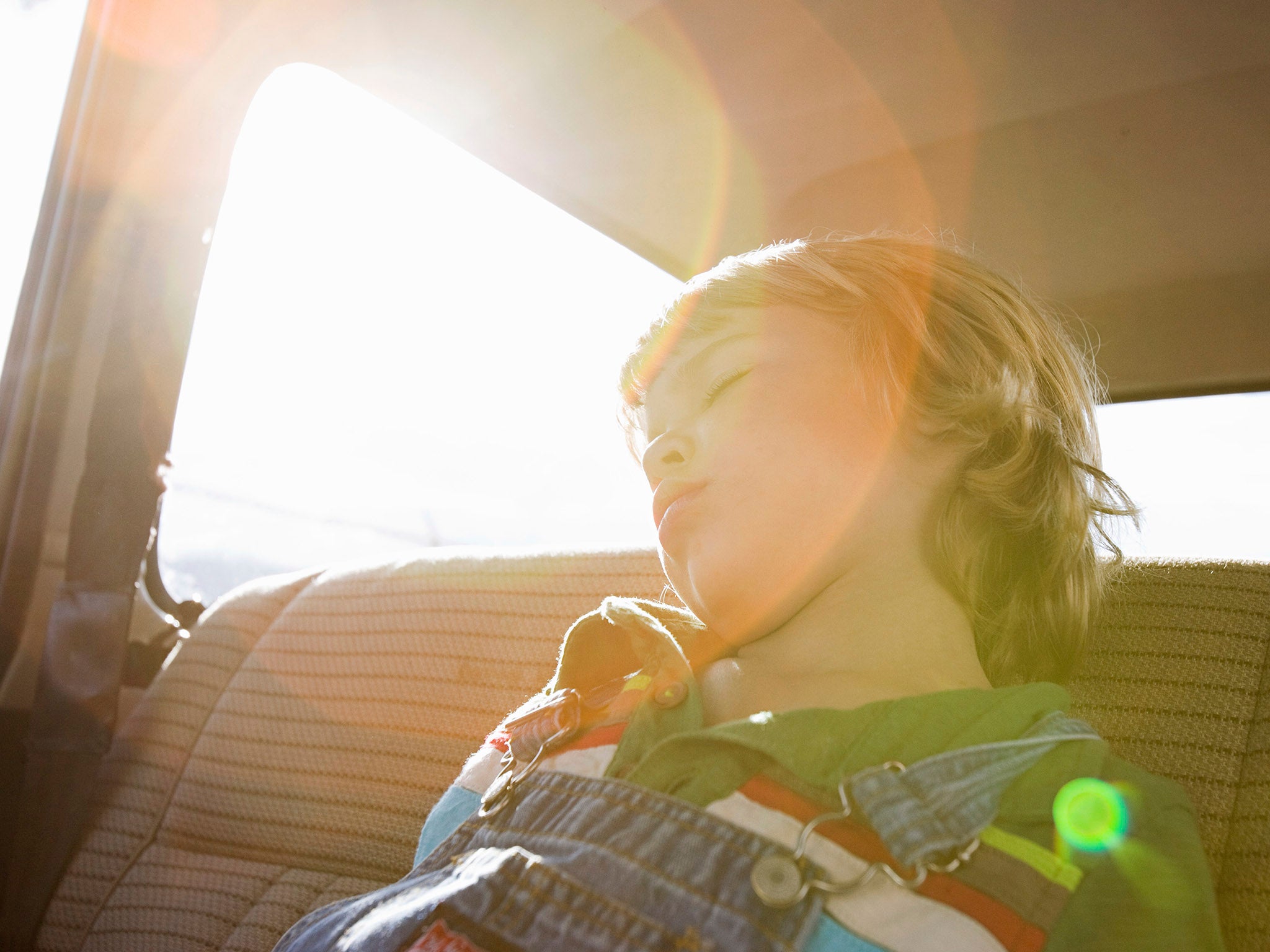Seven children rescued from locked cars every day, says AA
‘The dangers are obvious - you only have to touch the dashboard or seats to know how hot the inside of a car can get’

An average of seven children need rescuing from locked cars every day, new figures show.
The AA revealed it attended 2,555 such incidents last year.
Many cases involve toddlers getting hold of a key fob, accidentally locking themselves in and not knowing what button to press to unlock the car from the inside.
AA technical experts found that in-car temperatures on a hot day can exceed 60C.
They advised motorists to never let children play with their car keys and to keep a spare set in a safe place.
The data released exclusively to the Press Association also showed that incidents of pets being trapped in cars rose by 16% in the first half of this year compared to the same period in 2015.
Edmund King, AA president, said: “Children becoming locked in the car is usually accidental, but leaving a pet in the car is often done by choice.
“The dangers are obvious; you only have to touch the dashboard or seats to know how hot the inside of a car can get.
“Children, pets and the elderly are particularly vulnerable as they are less able to cope with high temperatures and may not recognise the symptoms of heat-related illness such as dehydration.
“But it's not just warm days that can present a risk. Vehicle glass behaves like a greenhouse which means in sunshine, temperatures can rise quickly inside even if there's a chilly breeze blowing.”
Press Association
Join our commenting forum
Join thought-provoking conversations, follow other Independent readers and see their replies
Comments
Bookmark popover
Removed from bookmarks